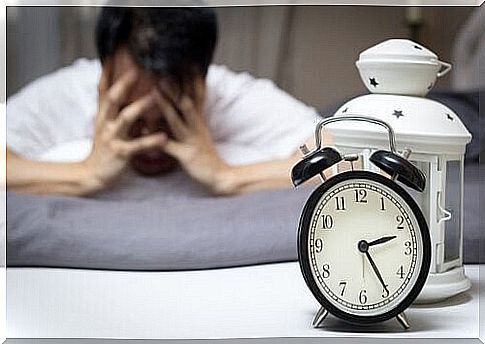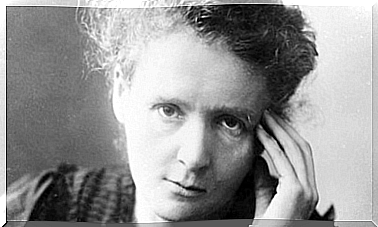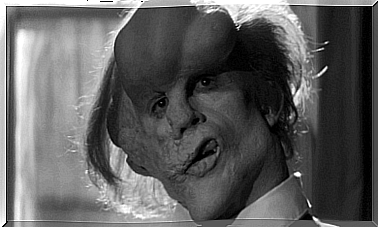Defeating Insomnia With TCC

You’ve probably tried them all to beat insomnia, but your attempts have been in vain. Short-term psychological therapies, compared to more well-known drugs, are the best solution.
Insomnia is a problem of no small importance and, often, underestimated. It is very common, in fact 6% of the adult population suffer from it. In addition, 12% of these people report significant interference from insomnia on daily activities. However, it is possible to defeat insomnia !
What is meant by insomnia?
Insomnia is an alteration of sleep that involves difficulty in reconciling it, staying asleep or a tendency to get up very early in the morning. This disorder is associated with considerable functional deterioration and serious damage to health.
Furthermore, this condition is often the prelude to various psychological and medical conditions (for this reason it is important to be followed by a specialist). According to the DSM-5 criteria, one can speak of insomnia when it is difficult to reconcile and maintain sleep.
These difficulties lead to deficits throughout the day. Furthermore, they must not be associated with any other medical or psychiatric conditions. In order to diagnose insomnia, the criterion to be met is that the time to fall asleep or wake up after the onset of sleep exceeds 30 minutes. This must occur at least three times a week for a minimum of six months.

Overcoming insomnia thanks to cognitive behavioral therapy (TCC)
Cognitive-behavioral therapy (TCC) for insomnia has been defined effective in several research studies. A recent study found the remarkable effectiveness of this therapy in overcoming insomnia and the benefits deriving from its long-term application.
Different types of prescription and over-the-counter medications are used in the treatment of insomnia. These include benzodiazepines, non-benzodiazepine hypnotics, antidepressants and over-the-counter antihistamines (for example, diphenhydramine and doxylamine).
Yet, there is evidence that non-drug treatments aimed at overcoming insomnia are tolerated more by patients, not to mention that they produce longer lasting effects.
This therapy is unique because it focuses on sleep and is relatively short compared to other types of psychotherapy; the patient plays a very active role during the treatment. The fundamental objective to be pursued is to help him improve the quality of sleep and daily life.
To achieve these goals, direct support is offered to the patient. However, it’s up to him to put the psychologist’s advice into practice at home.
How to treat insomnia with cognitive behavioral therapy?
Cognitive-behavioral therapy focuses on the behavioral and cognitive processes that cause insomnia in order to reverse them. The therapy is performed for a limited period of time, from six to eight sessions, lasting 50 minutes each.
The first session aims to introduce therapy, set goals, educate about sleep and circadian rhythms. The next three sessions are devoted to anxiety generated by having to sleep, attention to symptoms, preventive behaviors and daytime energy levels.

The fifth, sixth and seventh sessions are dedicated to issues such as relaxation, sleep hygiene, the routine to follow before going to sleep and waking up, and so on. Finally, the eighth session is dedicated to how to prevent relapses.
After an assessment of the history and severity of insomnia, a first therapy session will be scheduled. This first meeting involves several critical components of the treatment. Therefore, a summary of the path must be made and the logic of this therapy will then be explained. A diagnosis will also be made and the patient informed about the main stages of sleep.
At the end of this initial phase, we will proceed by selecting the cognitive and behavioral processes that will be the objectives of the therapy aimed at overcoming insomnia. Finally, the treatment will end with a review of the tools adopted and the prevention of possible relapses.









